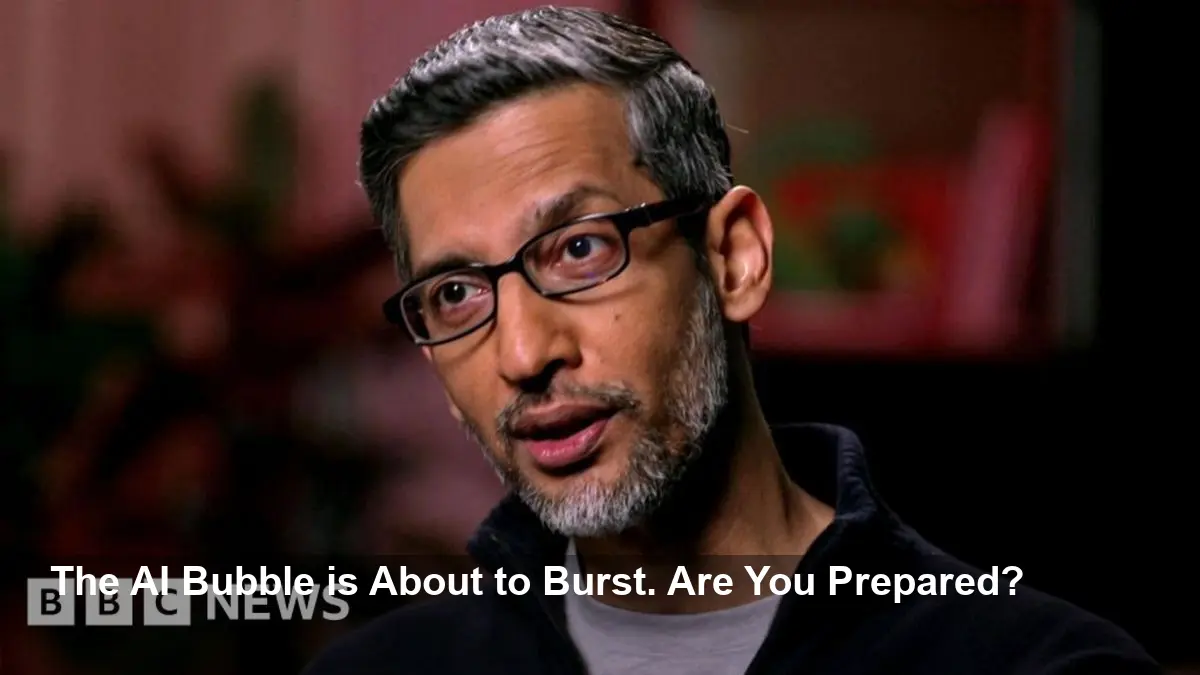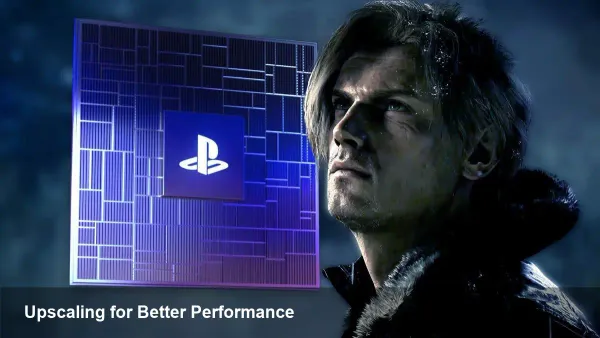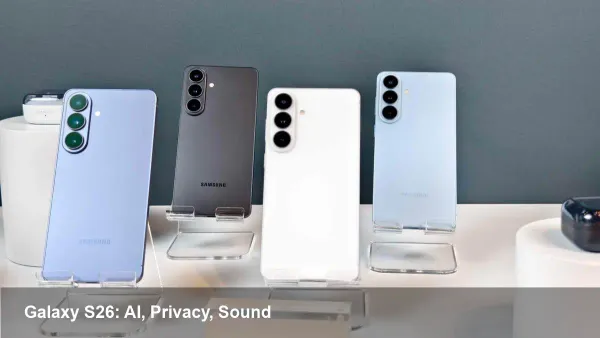Google CEO Warns AI Bubble Burst Is Inevitable

- Google CEO Sundar Pichai warns of "irrationality" in the current AI investment boom, comparing it to the dot-com era.
- Pichai states that no company, including Google, would be immune if a potential AI bubble were to burst.
- The immense energy needs of AI are causing Google to slip on its climate targets, a significant operational challenge.
- Pichai predicts major "societal disruptions" to jobs, emphasizing that workers who adapt to using AI tools will be the most successful.
AI Boom or Bubble? Google's Chief Sounds the Alarm
In a candid interview with the BBC, Sundar Pichai, the head of Google's parent company Alphabet, has issued a stark warning about the trillion-dollar investment frenzy surrounding artificial intelligence. While hailing AI as an "extraordinary moment," Pichai cautioned that the boom contains "elements of irrationality," drawing parallels to the dot-com bubble of the late 1990s and signaling that a market correction could be on the horizon.
When asked if the tech giant could withstand the fallout of a potential AI bubble bursting, Pichai was unequivocal. "I think no company is going to be immune, including us," he stated, a sobering admission amid skyrocketing valuations across the tech sector.
Echoes of the Dot-Com Crash
The warning comes as the market shows signs of overheating. Alphabet's own shares have doubled in just seven months, pushing its valuation to $3.5 trillion. Competitor Nvidia recently hit a staggering $5 trillion valuation, while a complex web of deals around ChatGPT-owner OpenAI has raised eyebrows. This frantic investment has fueled fears of a repeat of the dot-com crash, which saw inflated tech stocks collapse, wiping out companies and savings.
Pichai acknowledged that industries can "overshoot" during such transformative periods. "We can look back at the internet right now. There was clearly a lot of excess investment, but none of us would question whether the internet was profound," he explained. "I expect AI to be the same. So I think it's both rational and there are elements of irrationality through a moment like this."
The Hidden Costs and Future Disruptions
Beyond the financial risks, Pichai highlighted the significant real-world challenges posed by the AI revolution. He pointed to the "immense" energy consumption required to power advanced AI systems, which is already causing "slippage" on Google's own ambitious climate goal of achieving net zero by 2030.
The Inevitable Impact on Jobs
Calling AI "the most profound technology" humanity has ever worked on, Pichai did not shy away from its impact on the workforce. He predicted significant "societal disruptions," stating that certain jobs will inevitably transition or evolve. However, he framed the change as an opportunity for those willing to adapt.
"It doesn't matter whether you want to be a teacher [or] a doctor. All those professions will be around," he asserted. "But the people who will do well in each of those professions are people who learn how to use these tools." The message is clear: adapting to AI isn't just an option; it's essential for future success.





